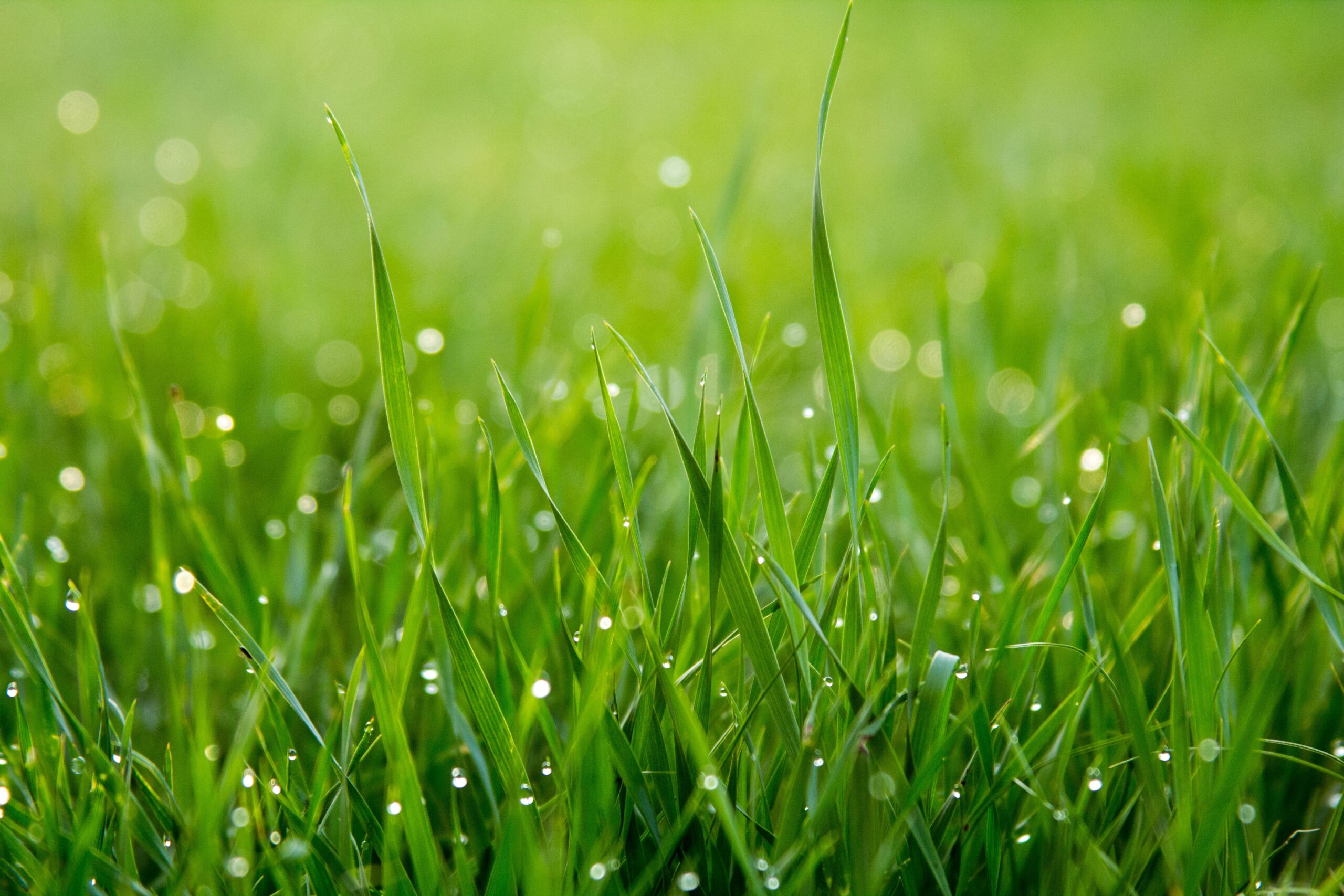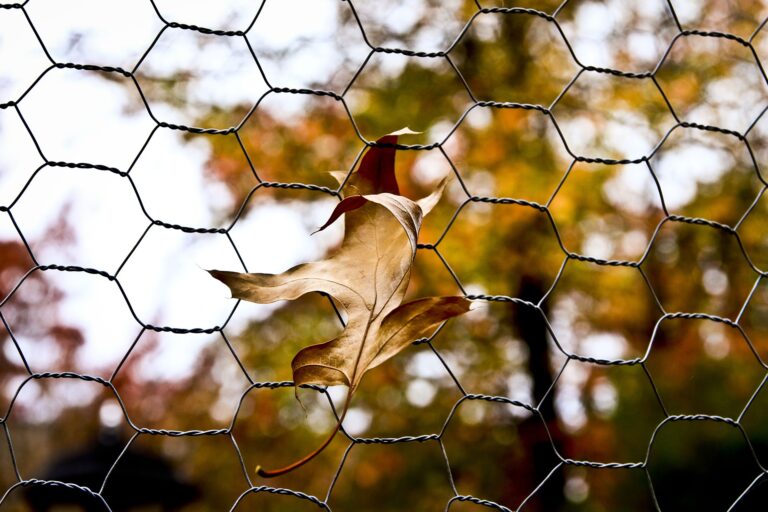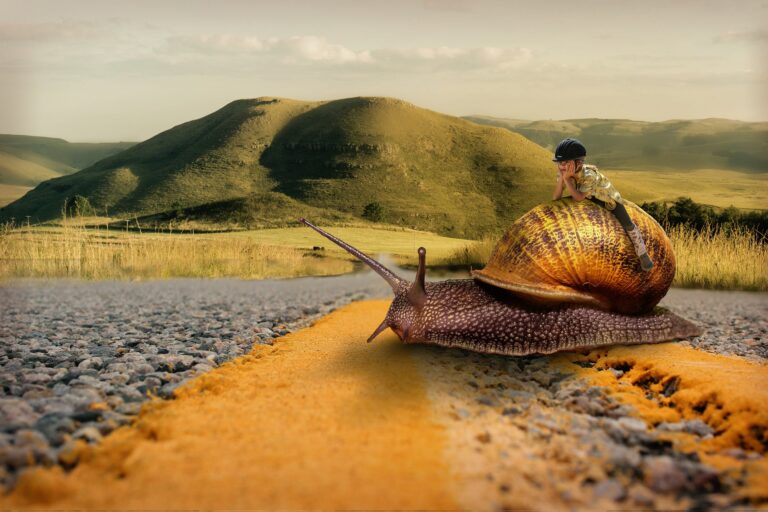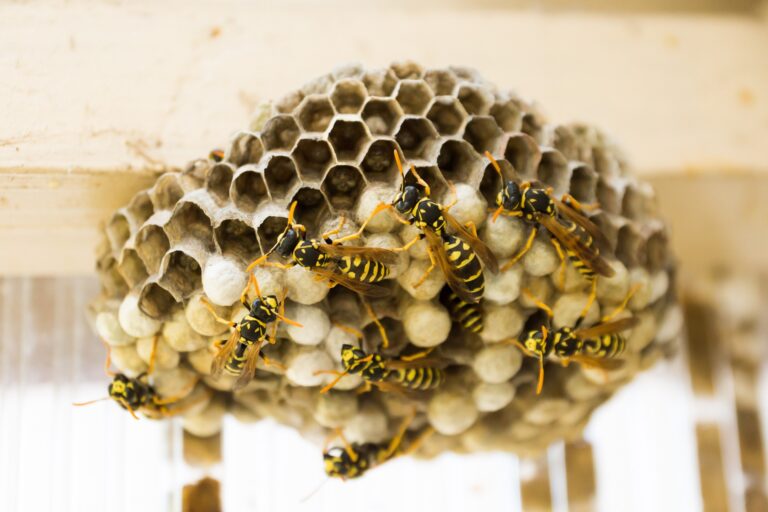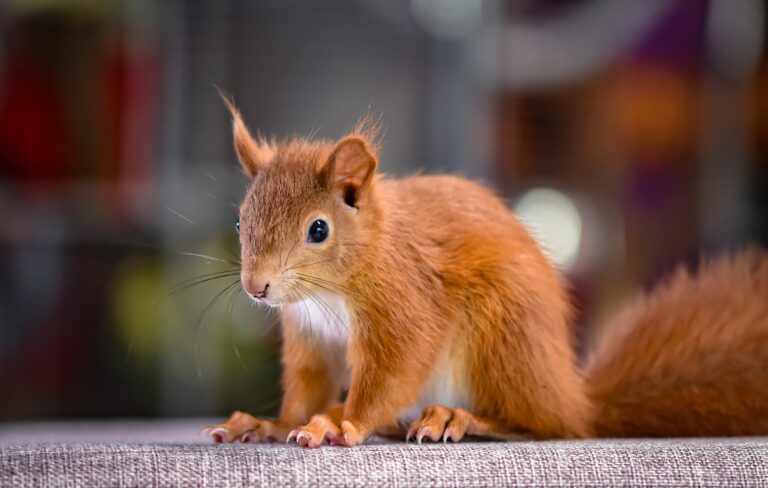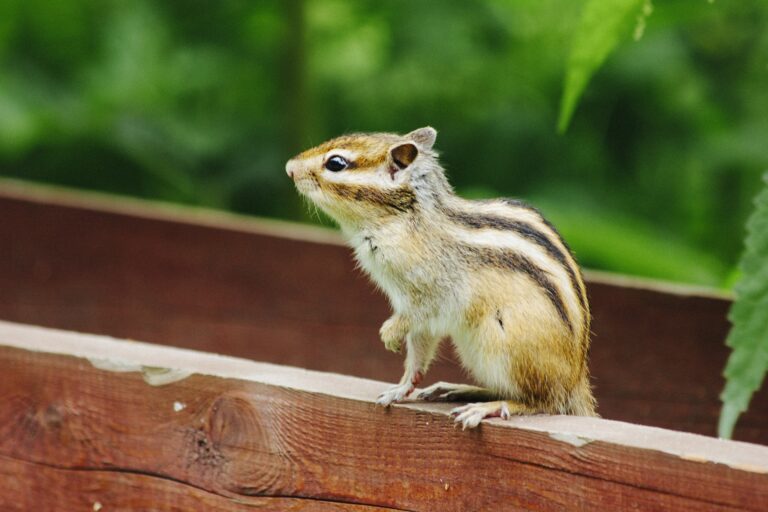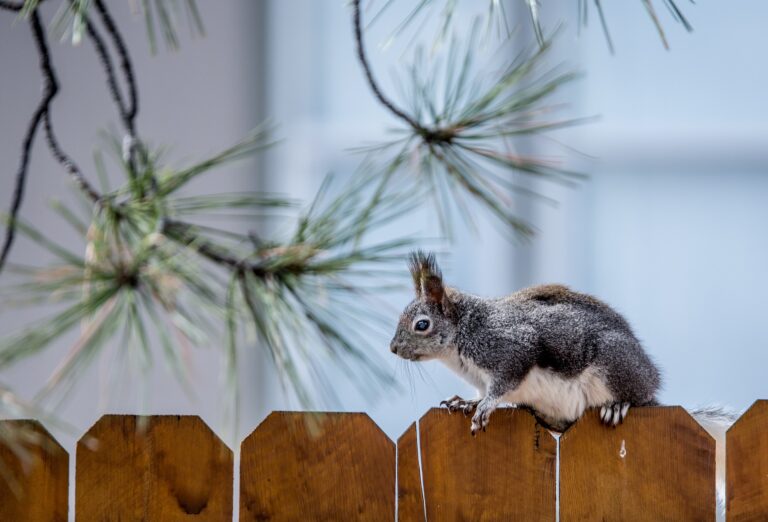Artificial grass can be an excellent way to make your outdoor space look and feel like natural grass, while still being low maintenance, and requiring little effort to keep it looking great.
This can be particularly beneficial if you have a yard full of kids that like to play sports such as soccer, or if you have pets that shed, but you don’t want to spend your days pulling the dead hair off of real grass.
However, one question many people wonder when considering artificial grass is whether slugs are able to live on it. Let’s find out
Do Slugs Go On Artificial Grass?
Slugs are flat, slimy creatures that live near moist, dark areas in order to find food and reproduce. They are generally nocturnal animals that can be found in most gardens and lawns around the world, but do slugs go on artificial grass? As it turns out, they do not.
There is no benefit for them to go on it. They would have nothing to eat and there’s nowhere for them to hide. This can also be bad because they will leave slime behind which will leave an ugly stain.
Slugs prefer to avoid any types of artificial surfaces such as plastic or man-made structures like concrete. The surface must be natural for them to crawl across it.
They may not go on your artificial grass, but they will still come into your yard if you provide a moist environment with lots of fallen leaves and other decaying organic matter where they can easily find food.
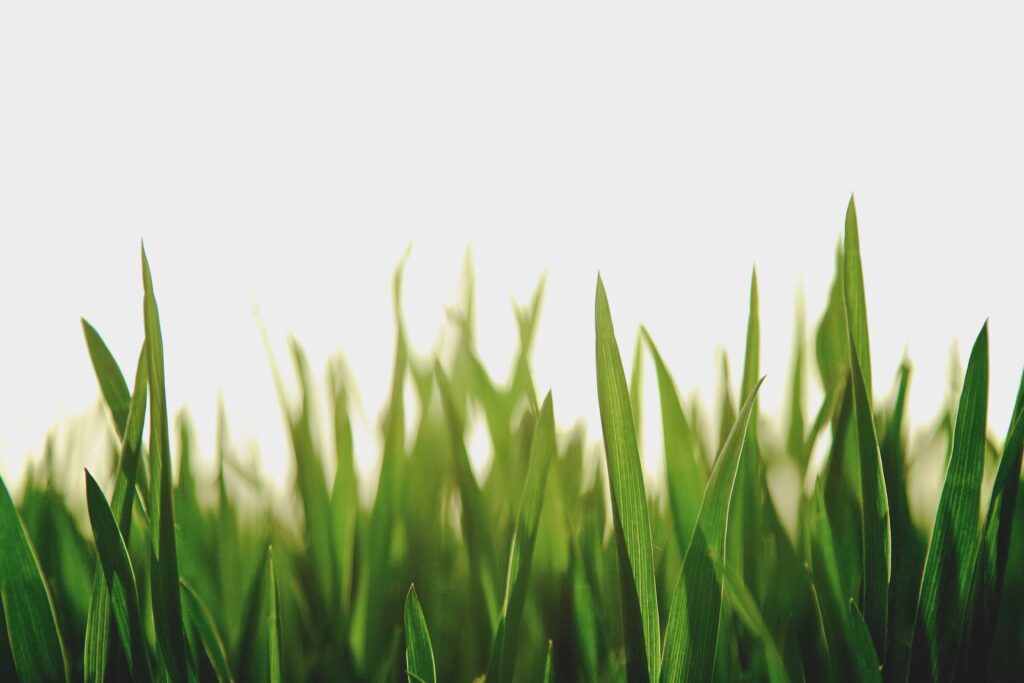
Can Bugs Live in Artificial Grass?
The answer to the question is yes, they can. The reason behind this is that it is a matter of whether the artificial grass was designed for use by slugs or not.
If you were to buy a regular artificial turf, then it would be safe to say that there are no safety precautions taken in regard to slugs at all.
This means that it could be a potential hazard for them as well as other insects and animals who may become entangled in the plastic blades.
If you were instead to buy an environmentally friendly artificial turf, then this would not be an issue because they take into consideration all living organisms and their needs when designing these types of grasses.
They design these types of synthetic lawns to be non-toxic and chemical-free. However, if your lawn contains chemicals such as fertilizers, pesticides, herbicides, etc., then bugs will stay away from your yard but slugs will still crawl through the blades.
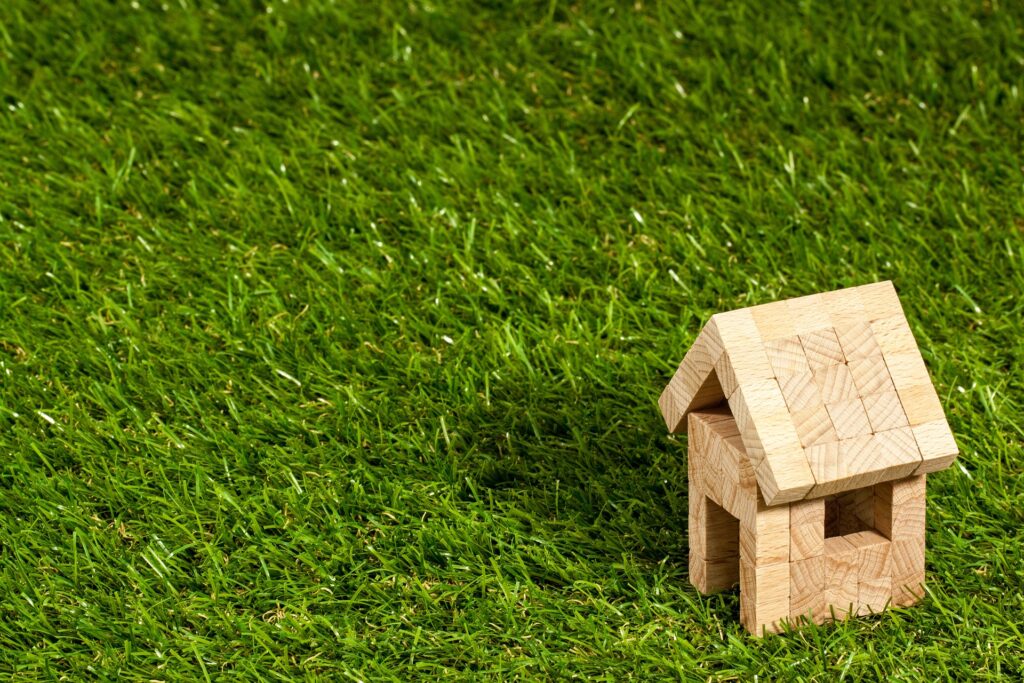
Also, Read – Does Ant Powder Kill Wasps?
How to Get Rid of Bugs in Artificial Grass
In order to get rid of bugs in artificial grass, you need to follow the instructions on the label of your chosen product. Generally, these instructions will call for a light coating of spray insecticide on the infested area.
Once you’ve done that, wait for it to dry, and then mow the area to remove any excess residue. If necessary, repeat this process until there are no more signs of bug activity.
For slugs, you’ll want to sprinkle slug bait over the problem areas or use it as a perimeter treatment around the entire lawn.
One word of caution: Do not apply this type of bait where children or pets may be playing.
Fancy way to say be sure not to put anything with poison where kids or pets can get at it
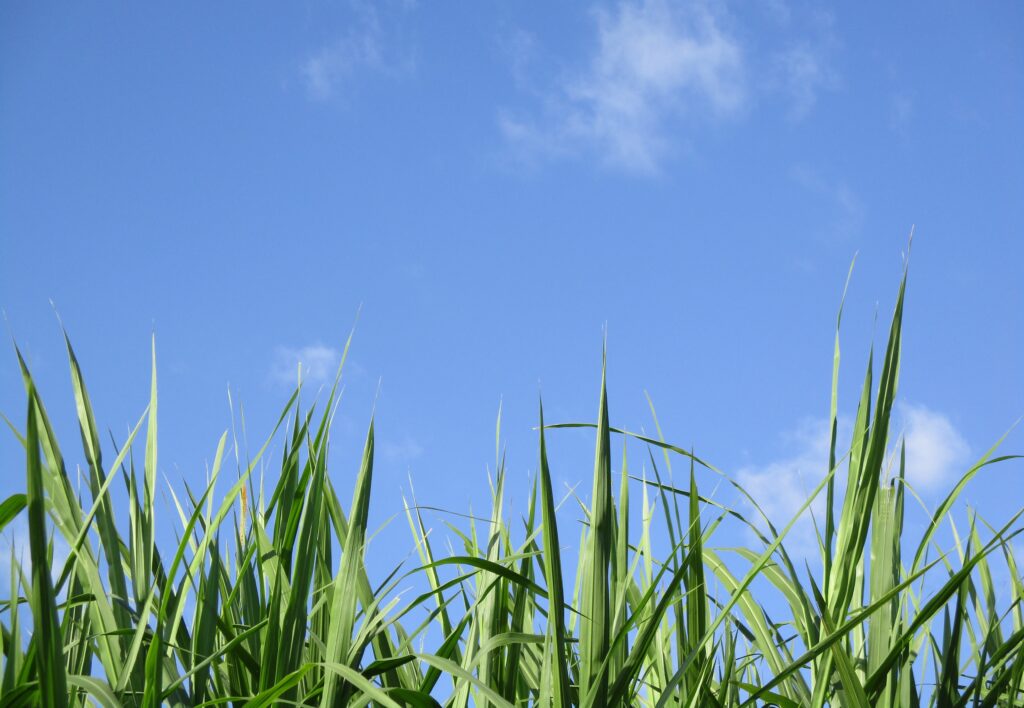
How long will artificial grass last?
Unfortunately, there is no easy answer to the question.
There are a few things that will determine how long your artificial grass will last before it needs to be replaced: frequency of use, type of material (i.e. polypropylene), and climate conditions (i.e., rain, snow).
But generally speaking, high-quality synthetic turf can last 10-15 years with regular maintenance.
As mentioned above, low-quality plastic will only last 2-5 years due to exposure to ultraviolet rays and oxidation. And as you might imagine, natural grass lasts even less time–it has to be re-seeded every year or so.
How do you get rid of worms under artificial grass?
One of the more common questions on artificial grass is how to get rid of worms under artificial grass.
The simple answer is to just vacuum them up and throw them away. Worms are attracted to moist conditions, so if you have wet spots, you can use salt for a quick fix.
In most cases, when there is an infestation of worms, it’s not actually that there are too many slugs or worms in your yard but rather that your lawn has become unhealthy due to a lack of nutrients.
You will need to fertilize your lawn regularly before using any other methods of worm prevention.
If you do see a worm infestation, there are pesticides and other remedies available to combat this problem – check with local hardware stores for product recommendations.
Why Artificial Grass is Bad?
Artificial Grass is bad for the environment and a bad investment. Artificial Grass is made from petroleum-based plastic which means it needs to be recycled. This creates more waste.
Plus, artificial grass is not biodegradable and can’t be decomposed like natural grass can. The chemicals in artificial grass also pose risks to the environment and nearby wildlife.
Additionally, there are studies that show that artificial grass isn’t as nice on your joints as natural grass is (less shock absorption) so you’ll probably end up getting hurt playing on it more often than you would if you were playing in a yard with natural grass.
Summary
Slugs are the bane of lawns, gardens, and crops. They can do serious damage to your outdoor space. If you’re trying to figure out if slugs will go on artificial grass, the answer is yes or no!
But mainly no because it will not give any benefit to them such as artificial grass does not offer food they prefer to eat most of the time to survive.
Still, It’s important to remember that slugs live in moist, dark environments. As long as there is water near your fake grass, you’ll have a problem with slugs.
You can install a slug barrier around your faux grass or use diatomaceous earth which dries up the slug’s exoskeleton and causes them to die from dehydration.
Meet Tomas Clayton, a seasoned plant gardener who has been passionate about horticulture since he was a child. Tomas John developed a love for the natural world and a strong appreciation for the beauty of plants while growing up on a farm.

